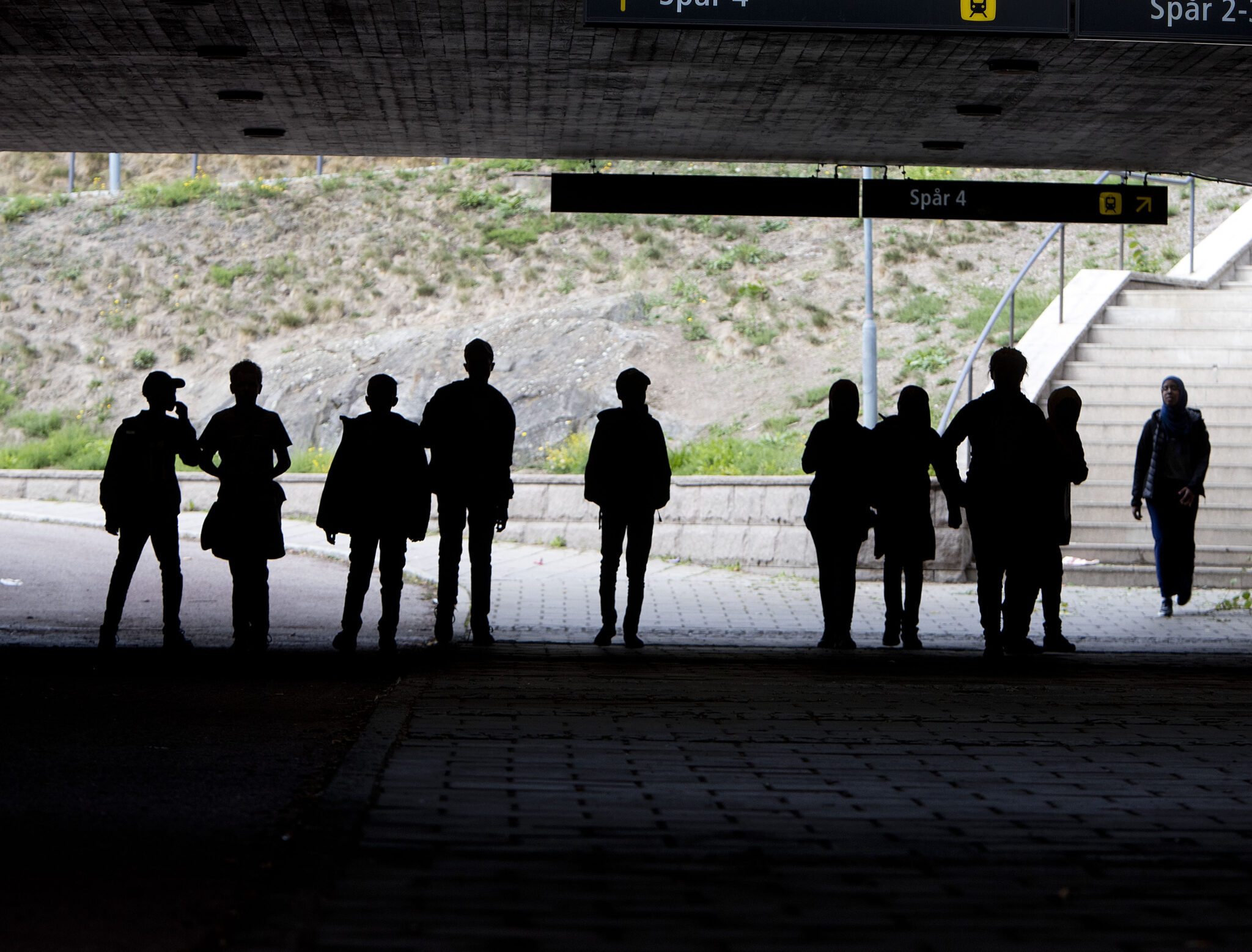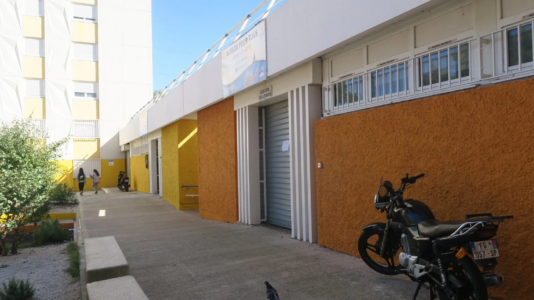Swedish Teachers’ Union, the nation’s leading education union, has announced it will provide legal assistance to members who refuse to comply with a proposed law requiring teachers to report illegal migrant students.
The union’s chairman, Anna Olskog, strongly condemned the government’s plan, calling on officials to “back off” and emphasizing that educators should not be tasked with immigration enforcement.
“We will not back down,” said Olskog in a public statement. “If the proposal has consequences for individuals, we will support them with our legal aid policy.”
The proposal stemmed from the Tidö Agreement, which facilitated the formation of the current center-right government with parliamentary backing from the right-wing Sweden Democrats. Known colloquially as Sweden’s “snitch law,” it seeks to impose an obligation on public employees, including teachers, to inform authorities if they encounter undocumented individuals. This measure is expected to be outlined in full when investigator Anita Linder presents her recommendations at the end of November.
Critics argue that the proposed law contradicts Sweden’s legal obligations under the Convention on the Rights of the Child, which guarantees every child the right to education regardless of their legal status. “The proposal violates the Convention on the Rights of the Child, which is Swedish law,” Olskog added, stressing that teachers are “not border police.”
Left-wing controlled local governments have demanded that all public employees be exempt from the reporting requirement. However, Swedish Teachers’ Union insists this does not go far enough and is attempting to force through a complete U-turn on the policy.
“This is about the entire social contract and the fundamental trust in public institutions,” Olskog said. “It should not be demolished.”
Other trade unions within the welfare sector, including Kommunal, Vårdförbundet, Vision, and Academic Union SSR, have joined Swedish Teachers’ Union in protesting the proposal. They are set to hold a joint demonstration on Oct. 23 at Sergel’s Square in Stockholm, demanding that the government withdraw the plan.
Ministers have long remained defiant over the plans in the face of criticism from the left-dominated unions, with former migration minister Maria Malmer Stenergard previously saying: “In Sweden, a yes should be a yes and a no a no. If you have received a yes to your asylum application, you must enter society as quickly as possible. If your asylum application has been rejected, however, you must leave the country.”
“Unfortunately, thousands go underground every year and become part of a growing shadow society where people are exploited and not least children are harmed. We have to fight that with full force, and these proposals are part of that work,” added the now foreign affairs minister.
The government has warned that increasingly more segregated societies are leading to civil unrest, rising crime, and social disintegration across Sweden and consider the plans necessary to tackle the crisis.
The government has recently hailed its attempts to achieve net emigration after years of being a European magnet for mass immigration.
Last month, it announced plans to pay migrants, even those naturalized in Sweden, to return to their home countries if they feel unable to integrate into Western society.






